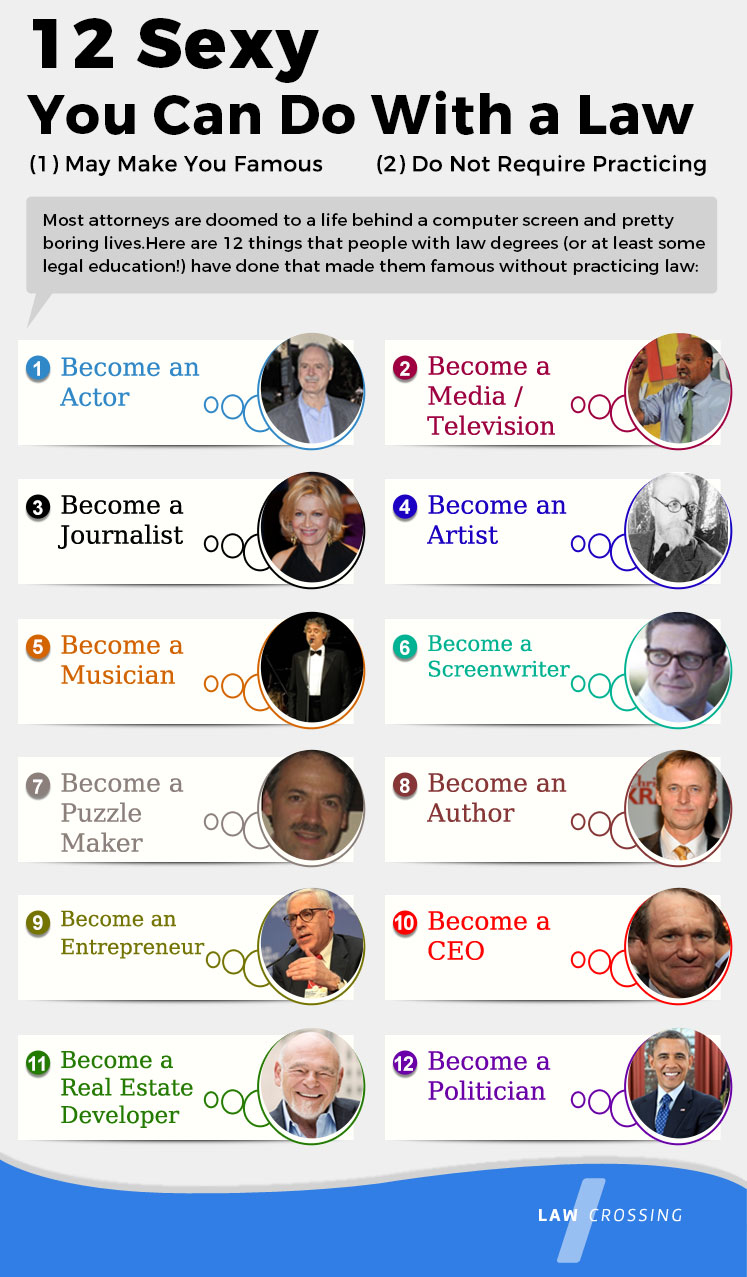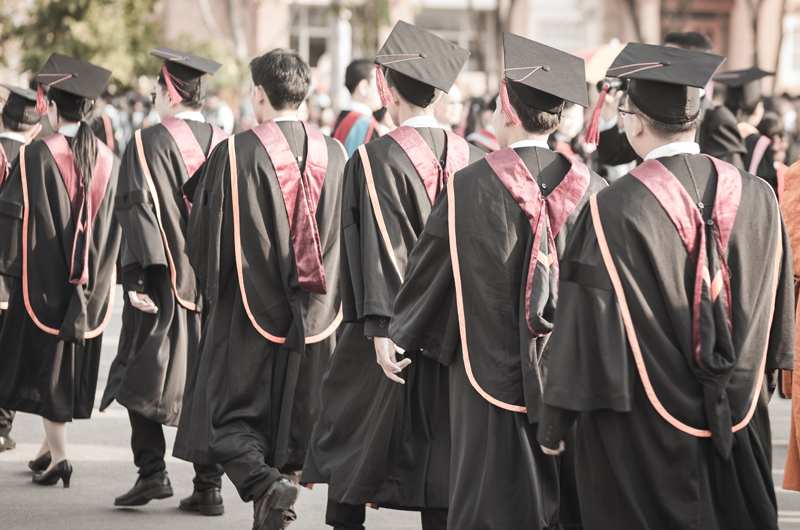
Google LLC has settled a patent lawsuit, averting a federal jury trial where it faced accusations of appropriating protected computer chip designs from Singular Computing LLC. The latter, founded by computer pioneer Joseph Bates, claimed that Google utilized his patented technology without permission, allegedly avoiding around $10 billion in data center expenses.
Background and Allegations
Singular Computing LLC argued in the US District Court for the District of Massachusetts that Google had exploited Bates’ patented computer architecture, developed in 2009, significantly lowering the costs of running artificial intelligence and cloud computing functions. According to Singular, Bates’ innovative design reorganizes microprocessors, enabling them to execute commands hundreds of times faster than previous designs. This breakthrough, Singular contended, facilitated the widespread use of advanced software programs, including artificial intelligence and cloud computing, with substantial cost savings.
Want to know if you’re earning what you deserve? Find out with LawCrossing’s salary surveys.
Lawsuit Details
Singular filed the lawsuit against Google in 2019, asserting that the tech giant had “copied and adopted” its patented idea after confidential meetings and presentations with Bates. Singular claimed that Google implemented this technology in its Cloud Tensor Processing Unit Version 2 (TPUv2) Device, and its successor, TPUv3, integrated into Google’s 11 data centers, powering various products such as Translate, Photos, Search, Assistant, Cloud, and Gmail.
Impact on Google’s Services and Profits
Singular argued that Google leveraged public engagement with its services to enhance its Ads platform, generating “at least tens of billions of dollars per year in profit.” The increased computing power enabled by Bates’ architecture allegedly allowed Google to avoid building additional costly data centers, contrary to its initial projections in 2017, which suggested the need to double the number of data centers in the US at a cost of at least $10 billion to meet growing demand.
Settlement Announcement
As the trial approached its conclusion after two weeks of proceedings, both parties filed a joint motion on Wednesday to stay the case, indicating their intent to finalize a settlement. The details of the settlement were not immediately disclosed.
Legal Proceedings and Judge’s Ruling
Before the trial commenced on January 8, Judge F. Dennis Saylor IV prohibited Google from accessing user data to research jurors, emphasizing that such actions would be an unwarranted invasion of privacy and an unfair advantage over Singular, a significantly smaller opponent in the litigation.
Legal Representation
Prince Lobel Tye LLP and Sunstein LLP represent Singular Computing LLC. In contrast, Wolf Greenfield & Sacks PC, Keker Van Nest & Peters LLP, Kwun Bhansali Lazarus LLP, Paul Hastings LLP, and Munger Tolles & Olson LLP represent Google.
Don’t be a silent ninja! Let us know your thoughts in the comment section below.
















































